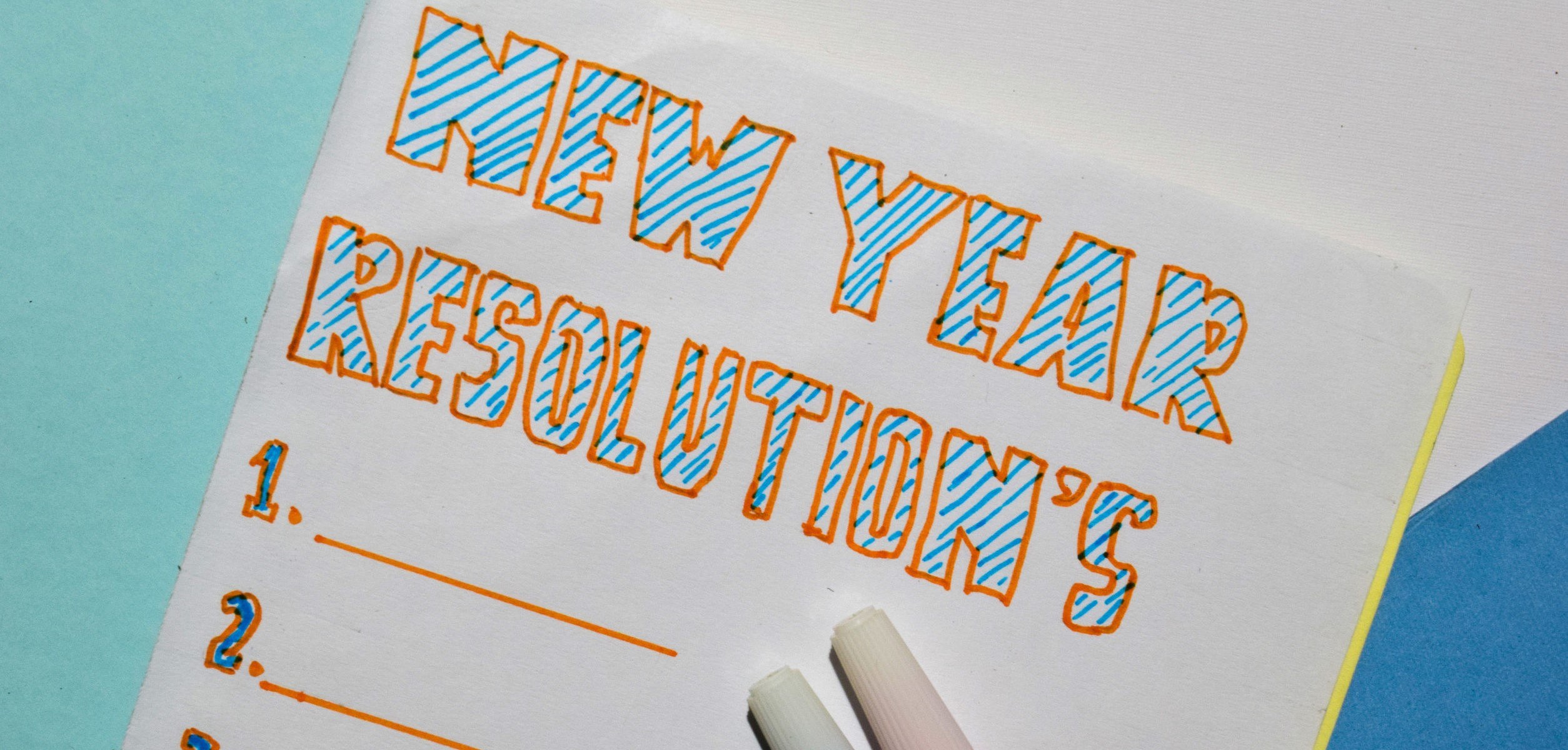
It’s def possible to have too much caffeine. On top of that, certain situations — like coffee on an empty stomach — can give caffeine a bad rap, even when it’s really the other things at play causing the problems.
All this said, I’m pro caffeine, just in moderation. Too much caffeine is going to literally jack you up, especially consuming too much at one time. But how much is too much? I’ve got you, girl.
Your recommended daily dose of caffeine
The FDA says people shouldn’t have more than 400 mg of caffeine each day. That’s roughly equal to four eight-ounce cups of coffee.
Note that we’re saying eight-ounce cups. That’s pretty small. And if you opt for an energy drink, be extra careful. A lot of options can have as much as 250 mg of caffeine in one eight-ounce serving.
Is going over that cap really a big deal? If you only do it every once in a while, probably not. But if you do it too much, you risk caffeine toxicity.
Plus, even a single day with too much caffeine can leave you with some pretty unwelcome side effects.
Side effects of excess caffeine
No surprise here: one of the main issues with too much caffeine is sleep problems. Besides insomnia, though, too much caffeine can cause:
- Jitters
- Anxiousness
- Dehydration
- High blood pressure
- Heart palpitations
- An upset stomach
- Heartburn
Clearly, too much caffeine can cause a bunch of problems that leave you feeling way worse than you started. You’d probably didn’t want to trade that tiredness for the side effect you’re feeling, right?
To help you avoid these nasty side effects, I recommend:
- Mixing in other stuff with caffeine. Consider what you consume along with your caffeine. I love matcha green tea because it has caffeine, but it also has L-theanine, which has a calming effect. Or you could always add some ashwagandha into the mix to ward off jitters.
- Timing your consumption. When you have coffee or tea on an empty stomach, it can upset your digestive system. If you start your day with caffeine, eat something with it. This could be as simple as a quick shake with our protein powder or a banana. Then, mind your caffeine intake at night. It can take your body as long as six hours to metabolize even half of the caffeine you’ve consumed. If you’ve been having sleep problems, you might be able to blame your afternoon consumption. Some people are more sensitive to caffeine than others, so pay attention. If cutting out caffeine after noon helps you get good sleep, that’s well worth it.
- Avoiding too much at once. Too much caffeine can literally be toxic. And even when you don’t reach potentially health-hazardous levels, a lot all at once is often behind the jitters or nausea. Stick with about 75-160 mg at a time. That’s roughly one or two eight-ounce cups of coffee. Wait for about half an hour and see how you feel. If you’re still pooped, you can always have more. But there’s no way to undo too much caffeine other than to wait it out (yikes).
- Getting smart about where your caffeine comes from. Some caffeine sources (looking at you, energy drinks and pre-workout) have so much that your risk for side effects is already super high. To give your body a boost without having to pay for it, look to natural caffeine sources like matcha green tea, smaller cups of coffee, or our NEW! Pep Rally Energy Boost!
Just the right amount of Pep!
We created Pep Rally so you could get caffeine from some of the best natural sources out there. Our new boost has 80 mg of caffeine per scoop so it’ll put some pep in your step without jitters or any of that junk. If you’re really needing to pump it up, you could do two scoops for 160 mg of caffeine. Even then, you won’t be exchanging tiredness for other side effects. In fact, Pep Rally also contains an amino acid called L-theanine that specifically combats anxiousness and stress!
On top of that, we’ve packed it with other key natural ingredients for long-lasting energy like:
Basically, it’s a healthier way to enjoy caffeine. So whenever you need it, summon the Pep Rally!







